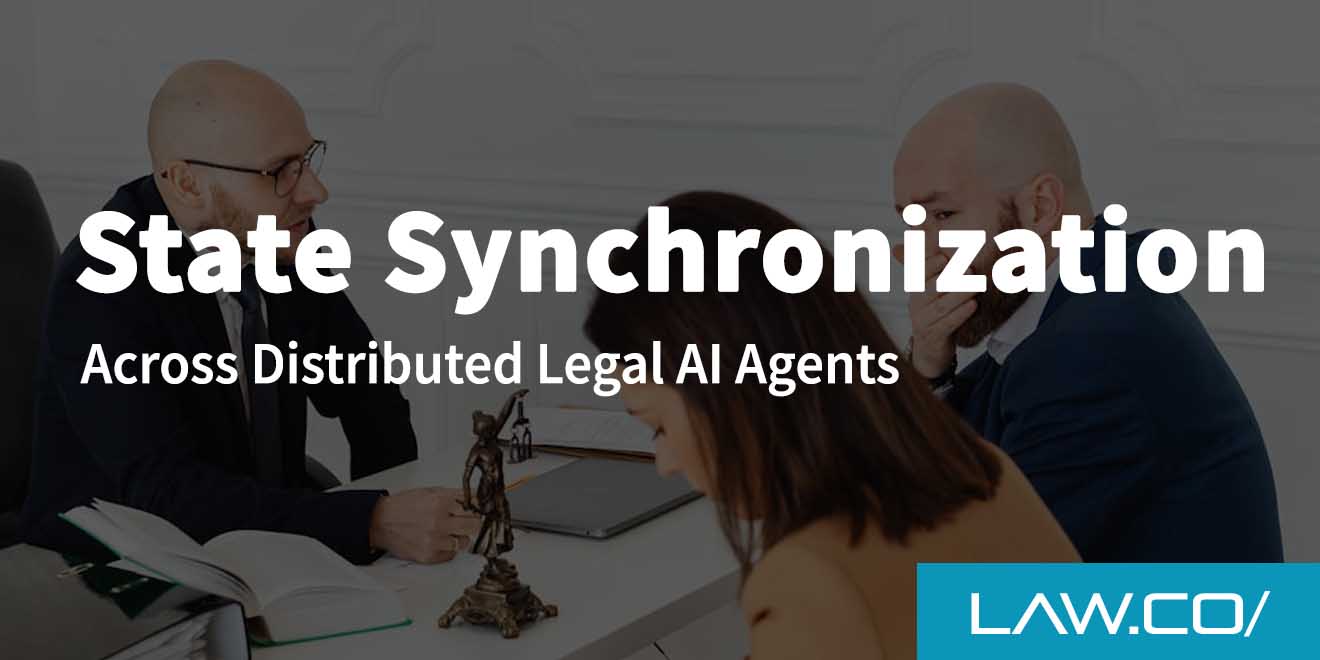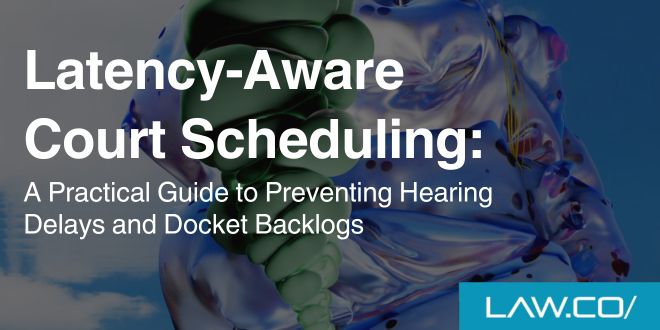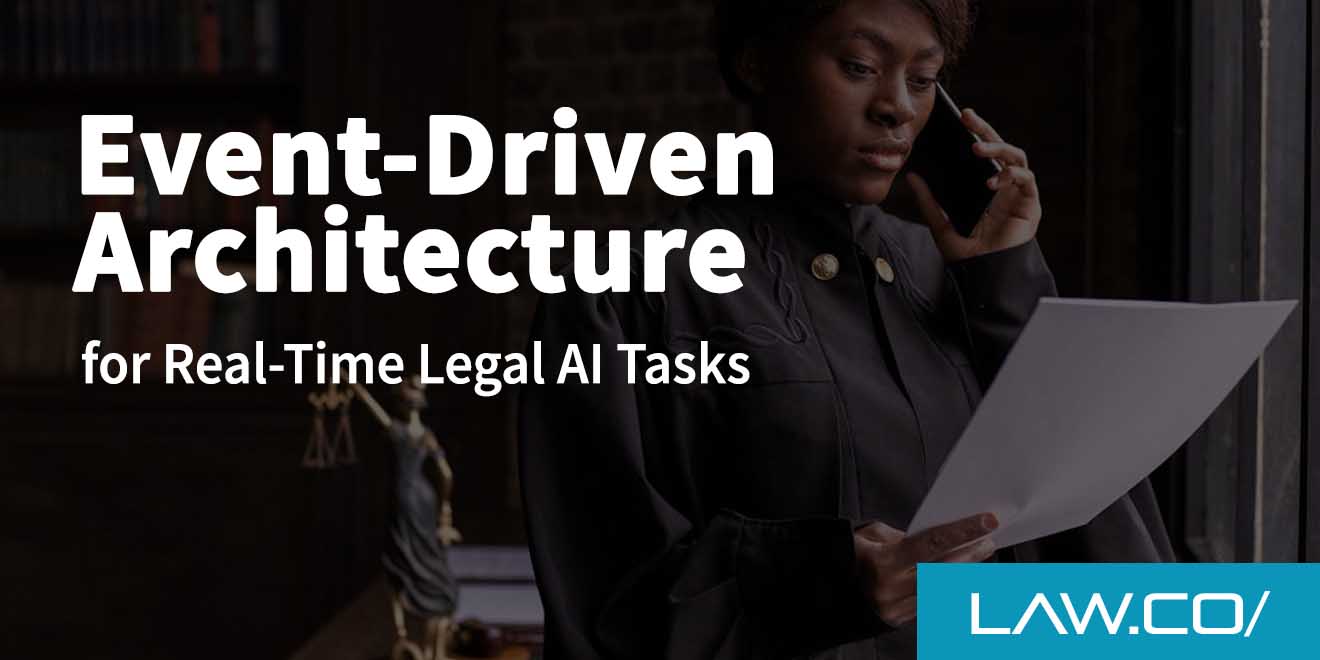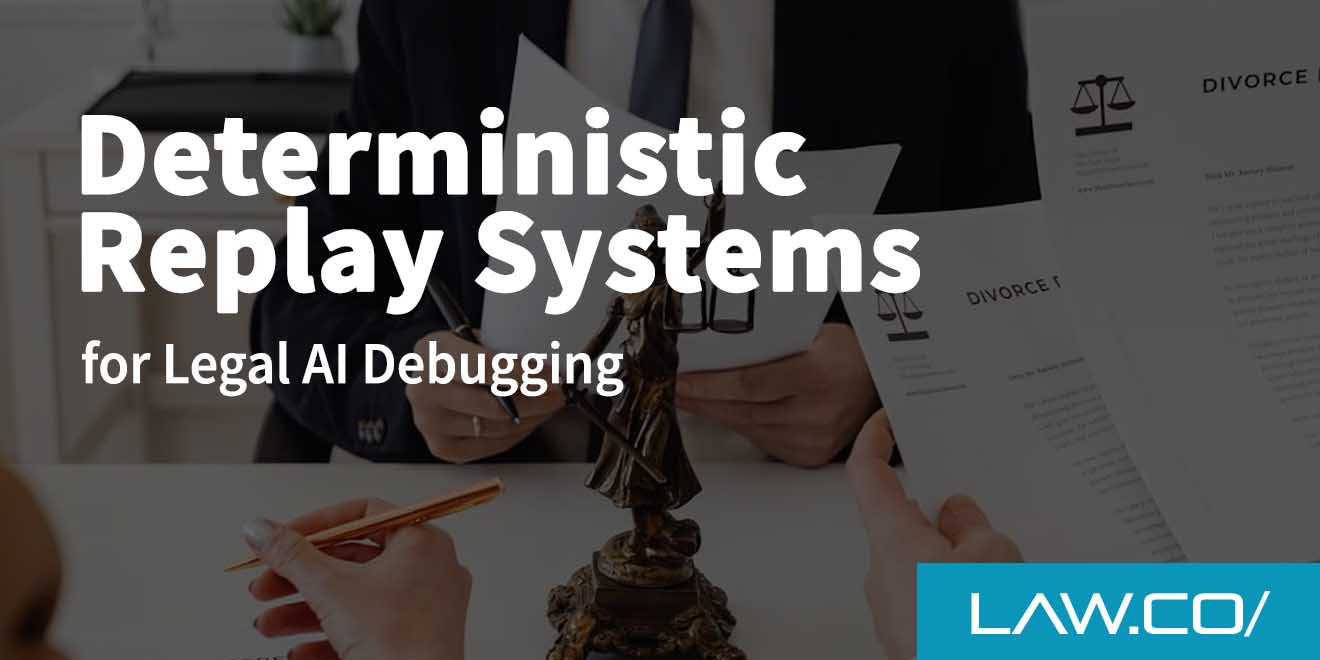

Persistent Memory Slots in Stateful Legal Agents
Modern law practices juggle an extraordinary volume of data—client backgrounds, evolving case files, internal notes, precedents, and statutory updates. In a world where artificial intelligence now assists with research, drafting, and client communication, the concept of “stateful” legal agents has become more than just technical jargon. It is the key to turning raw data into readily accessible, context-aware insight.
At the heart of these agents lies a deceptively simple mechanism: persistent memory slots in law firm AI. Understanding what they are, why they matter, and how to deploy them responsibly can help law firms transform routine workflows and deliver more consistent, tailored service.
How Stateful Legal Agents Differ from Traditional Legal Software
Traditional legal software behaves largely like a sophisticated filing cabinet—one query in, one answer out, with each interaction treated as a discrete event. By contrast, a stateful legal agent remembers prior exchanges, stores intermediate conclusions, and can resume a line of reasoning without starting from scratch. In practical terms, statefulness feels a bit like partnering with an experienced colleague who never forgets the back-story of a case.
Persistent memory slots serve as the agent’s mental “tabs.” Each slot captures a specific piece of information—say, the opposing counsel’s last offer, a client’s factual corrections, or the governing statute for a particular claim—and retains it across sessions. When an attorney returns hours or even weeks later, the agent recalls this stored context and applies it to new prompts.
Why Persistence Matters in You Legal Practice
Reduced Cognitive Load
Attorneys no longer have to repopulate the same data every time they consult an AI-driven tool. By offloading factual history and repetitive parameters to memory slots, lawyers conserve mental bandwidth for analysis and strategy.
Greater Consistency
A machine that remembers prevents drifting definitions. If the agent has already locked in the key terms of a contract or the procedural posture of a matter, subsequent drafts and answers reflect the same baseline, curbing the risk of contradiction.
Accelerated Turnaround
The first hour of most assignments is often devoted to re-orienting oneself—re-reading emails, scanning notes, or piecing together earlier research. Persistent memory collapses that ramp-up time, enabling quicker motion practice, letter writing, or client updates.
Enhanced Collaboration
Many stateful systems allow team-wide access to shared memory slots. A junior associate can feed deposition highlights into the slot, and a partner can call upon them later to craft a summary judgment brief, confident the context remains intact.
Practical Use Cases in a Law Firm Setting
Client Intake Automation
A stateful legal AI agent captures a prospective client’s timeline, parties, and desired outcome during the first chat. The information stays pinned so that subsequent conflicts checks, engagement letters, and fee proposals auto-populate with accurate details.
Living Research Memos
Rather than generating one large memo at the end of a research project, an associate can build iterative findings into memory slots labeled “Choice of Law,” “Key Precedents,” and “Potential Weaknesses.” Each time the agent is asked for an update, it references what is already known and appends new authority as cases evolve.
Ongoing Compliance Monitoring
For heavily regulated clients—think financial institutions or healthcare systems—a stateful agent tracks jurisdiction-specific thresholds (e.g., data-breach notification windows). When regulations change, the agent flags only the new deltas, sparing counsel from rereading entire statutes.
Draft Collaboration
Partners often tweak tone and emphasis in briefs. By storing stylistic preferences (“avoid passive voice,” “always cite local rule subsection”), persistent memory lets the agent align future drafts with the team’s voice without repeated instruction.
Ethical and Regulatory Considerations
Attorneys are stewards of sensitive information, and a stateful agent’s power to remember creates obligations as well as convenience.
Confidentiality
Persistent memory slots might store client secrets. Encryption at rest and strict access controls are essential. Many jurisdictions impose explicit duties to ensure third-party technology providers meet comparable confidentiality standards.
Privilege
If an agent is trained on or shares data across matters, privilege could inadvertently be waived. Firms should isolate memory slots on a matter-by-matter basis and document protocols in engagement letters.
Retention Policies
Jurisdictions vary on how long client data must be preserved. Align your agent’s purging schedule with the firm’s existing document retention policy, or risk mismatched destruction timelines.
Bias and Fairness
An agent that never forgets can inadvertently cement outdated or biased assumptions. Regular audits—ideally by someone other than the system’s primary users—can flag creeping inaccuracies or skewed reasoning.
Implementing Persistent Memory Responsibly
Building or buying a stateful agent isn’t difficult. Doing so wisely demands a deliberate framework.
Assess the Need
Not every workflow benefits from memory. Quick, factual look-ups (e.g., “What is the filing fee in X county?”) may not justify persistent storage. Begin with high-context, repetitive matters—complex litigation, lengthy transactions—where the ROI is clear.
Define Granular Slots
Avoid dumping entire case files into a single slot. Break memory down by useful granularity: “Key Facts,” “Procedural Posture,” “Client Goals.” Structured slots make retrieval precise and purge decisions easier.
Set Access Tiers
Partners might see all memory slots in a matter, whereas summer associates see only those relevant to their tasks. Role-based permissions protect confidentiality and avert information overload.
Automate Purge Triggers
Tie automatic deletion to calendar dates (e.g., five years post-closure) or affirmative events (e.g., client sends a disengagement letter). A log of auto-purges helps demonstrate compliance if audited.
Human Oversight
Even the smartest memory can ossify. Schedule periodic reviews—perhaps before dispositive motions or closings—to verify slot contents remain accurate, complete, and free from stale assumptions.
The Bottom Line for Forward-Thinking Firms
Persistent memory slots transform AI from a clever query tool into a virtual colleague steeped in case history. Properly harnessed, they accelerate research, sharpen drafting, and free attorneys to focus on the uniquely human aspects of advocacy—judgment, persuasion, and empathy. Yet stateful systems also amplify ethical duties surrounding confidentiality, privilege, and data retention.
By blending thoughtful governance with targeted deployment, law firms can unlock the practical gains of persistent memory while safeguarding the professional standards that define the practice of law.

%201.svg)










